High porosity hair has unique needs due to its structure. The cuticles in high porosity hair are raised, which allows moisture to enter quickly but also escape just as fast. This makes it prone to dryness, frizz, and damage. Choosing the right oils is key for high porosity hair, as the right oils help seal in moisture, provide nourishment, and improve the hair’s texture and manageability.
Here, we’ll dive deep into the best oils for high porosity hair, explore the benefits of each, and review popular options available on market. This guide will help you select the right oil for your hair type and offer tips on how to use each product effectively.
1. Sky Organics Organic Castor Oil
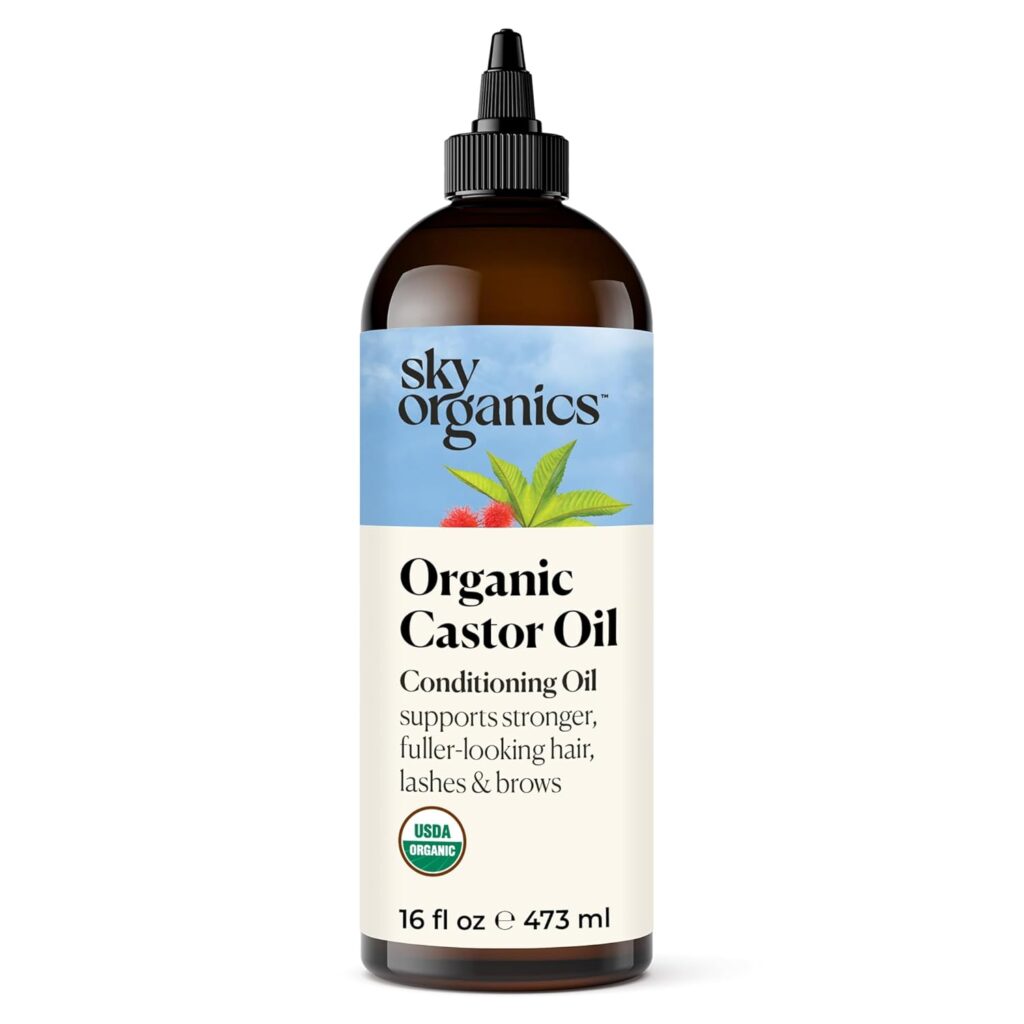
Castor oil is rich in fatty acids, particularly ricinoleic acid, which helps to lock in moisture and reduce frizz. High porosity hair benefits greatly from the thick, sealing nature of castor oil. Its ability to prevent moisture loss makes it perfect for use as a sealant, especially in drier climates or during winter months.
Key Benefits for High Porosity Hair:
-
- Deeply hydrates and locks in moisture.
-
- Adds shine and reduces frizz.
-
- Promotes hair growth and improves scalp health.
How to Use:
-
- Hot Oil Treatment: Warm a small amount and massage it into your scalp and along the hair length. Leave for 20-30 minutes, then wash as usual.
-
- As a Sealant: Apply a few drops after your regular leave-in conditioner to lock in moisture.
2. Handcraft Blends Fractionated Coconut Oil
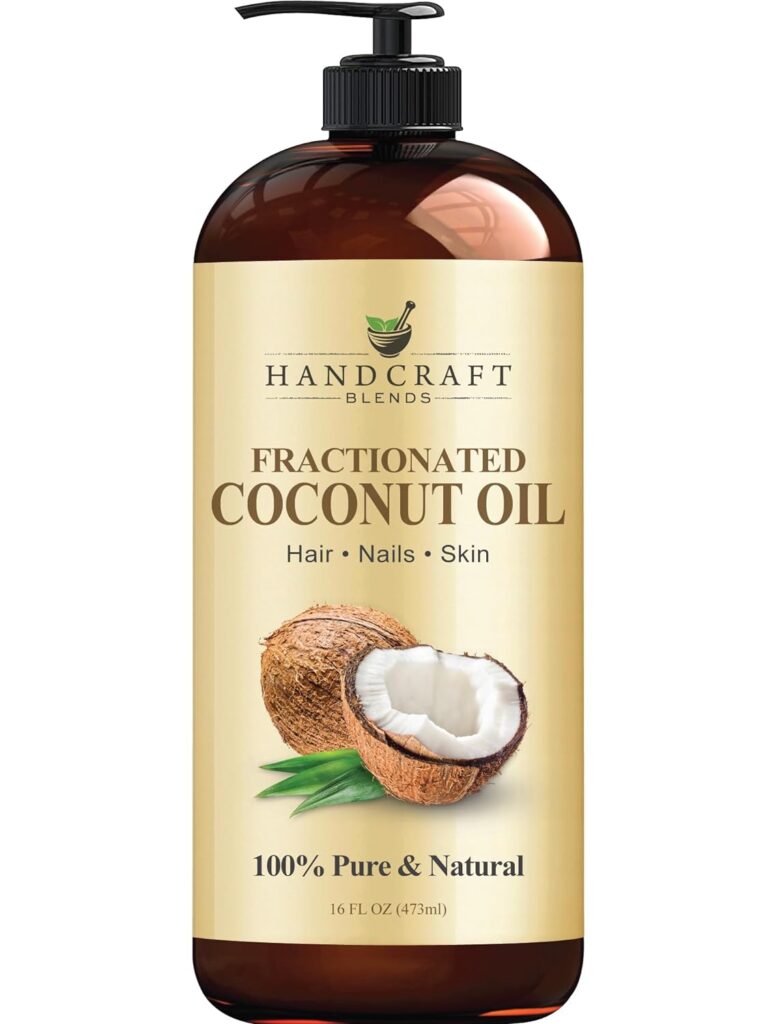
Fractionated coconut oil is a lighter form of traditional coconut oil, which is great for high porosity hair. This oil can penetrate the hair shaft quickly, making it highly effective in delivering moisture. Additionally, fractionated coconut oil is less greasy, making it ideal for everyday use.
Key Benefits for High Porosity Hair:
-
- Lightweight yet deeply moisturizing.
-
- Penetrates hair shaft easily.
-
- Reduces breakage and enhances shine.
How to Use:
-
- As a Leave-in Conditioner: Apply a small amount to damp hair for extra moisture and shine.
-
- Scalp Treatment: Massage a few drops into your scalp to improve scalp health and reduce flakiness.
3. Maple Holistics Avocado Oil For Hair
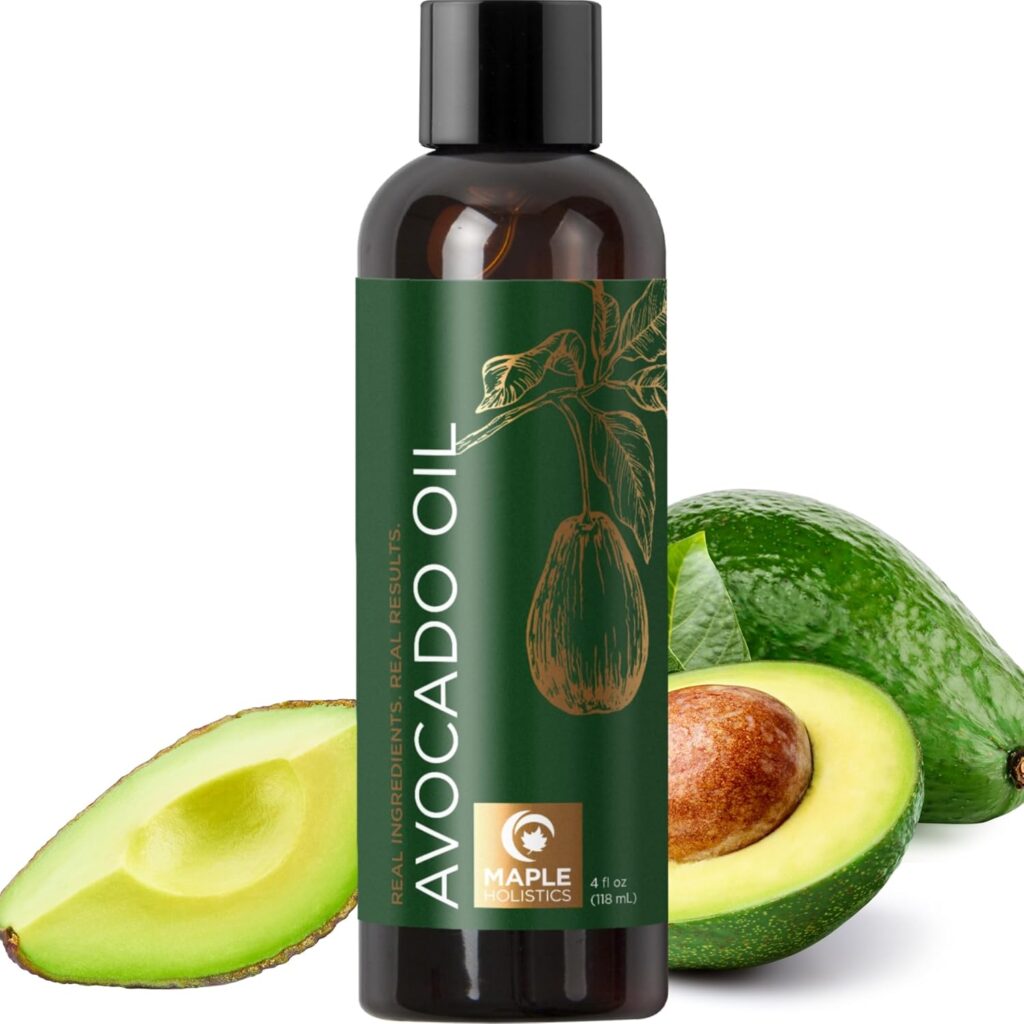
Avocado oil is a rich, nutrient-dense oil packed with vitamins A, D, and E, which are essential for maintaining hair health. Its emollient properties make it perfect for sealing moisture into the hair shaft. This oil is especially beneficial for high porosity hair that loses moisture easily.
Key Benefits for High Porosity Hair:
-
- Nourishes with vitamins and essential fatty acids.
-
- Strengthens hair and prevents split ends.
-
- Adds a natural sheen and softness.
How to Use:
-
- Moisturizing Mask: Mix avocado oil with honey or aloe vera and apply to hair. Leave it on for 30 minutes before rinsing.
-
- Daily Moisturizer: Add a small amount to damp hair to lock in moisture.
4. Cliganic Jojoba Oil
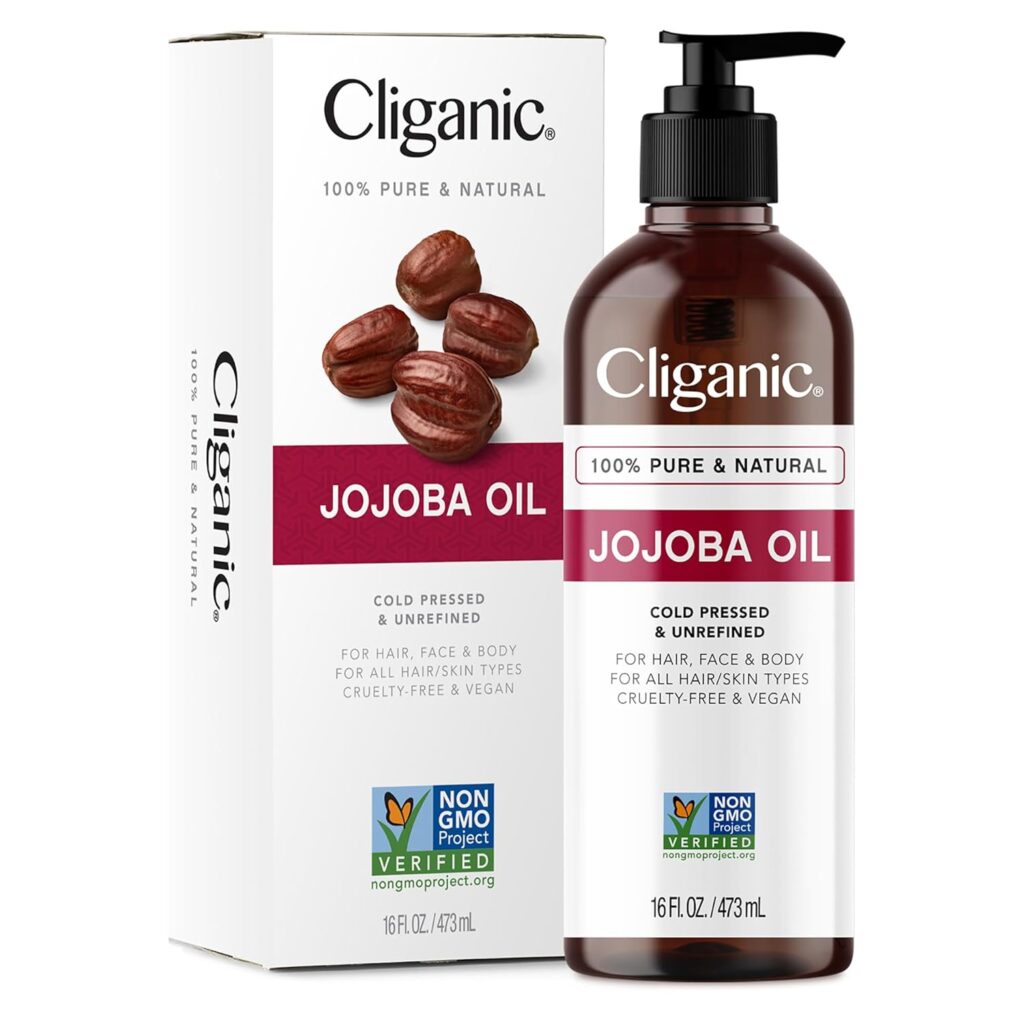
Jojoba oil is lightweight and has a composition similar to the scalp’s natural sebum, making it an excellent choice for those with high porosity hair. It helps balance moisture levels without weighing down the hair, and its antibacterial properties are beneficial for scalp health.
Key Benefits for High Porosity Hair:
-
- Balances natural oils and moisturizes.
-
- Non-greasy and absorbs quickly.
-
- Reduces dryness and improves scalp health.
How to Use:
-
- Scalp Massage: Apply a few drops to the scalp and massage thoroughly. Leave it on overnight and rinse in the morning.
-
- Lightweight Leave-in: Smooth a few drops onto damp hair for softness and hydration.
5. Velona Babassu Oil USDA Certified Organic
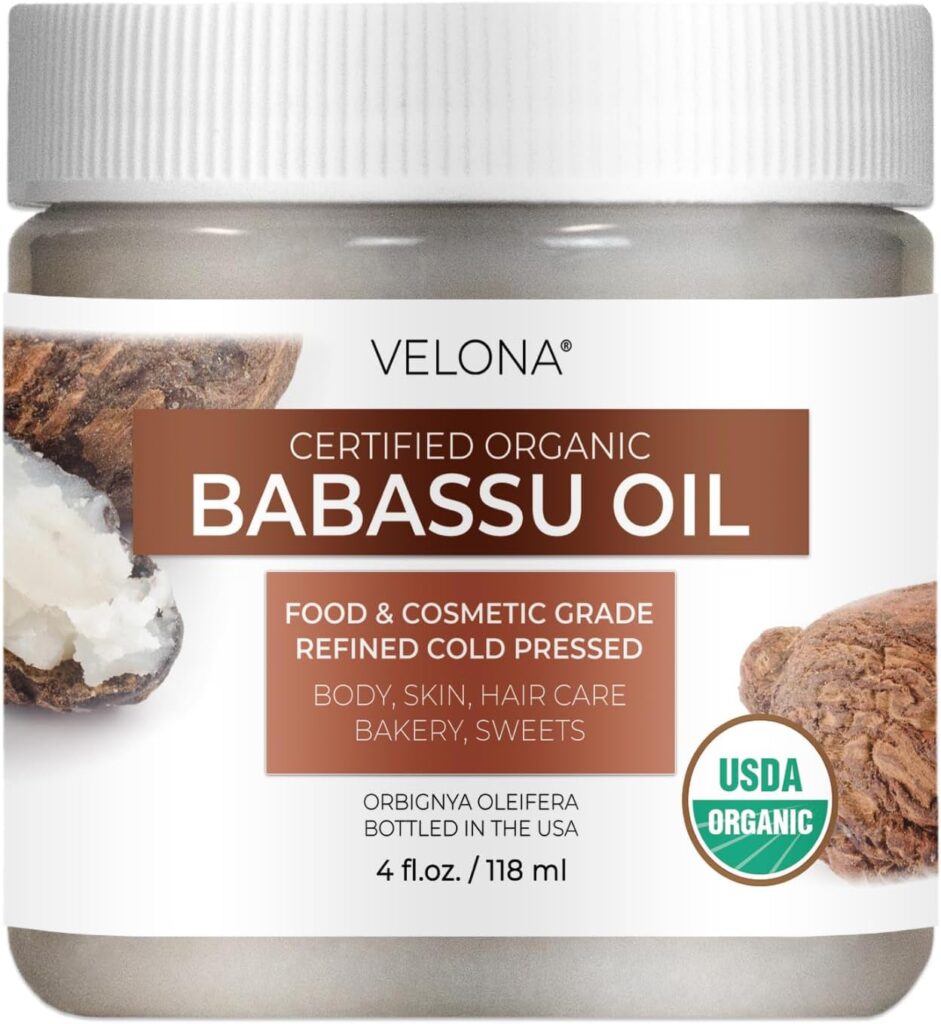
Babassu oil, similar in texture to coconut oil but less greasy, offers lightweight hydration and easily absorbs into high porosity hair. It is rich in lauric acid, which strengthens the hair shaft and reduces frizz.
Key Benefits for High Porosity Hair:
-
- Lightweight, non-greasy hydration.
-
- Strengthens hair and reduces breakage.
-
- Adds shine and softness.
How to Use:
-
- Overnight Treatment: Apply a generous amount to hair and scalp before bed, then wash it out in the morning for added moisture and softness.
-
- Daily Shine: Use a small amount on dry ends to reduce frizz and add shine.
6. Organic Veda Moringa Oil
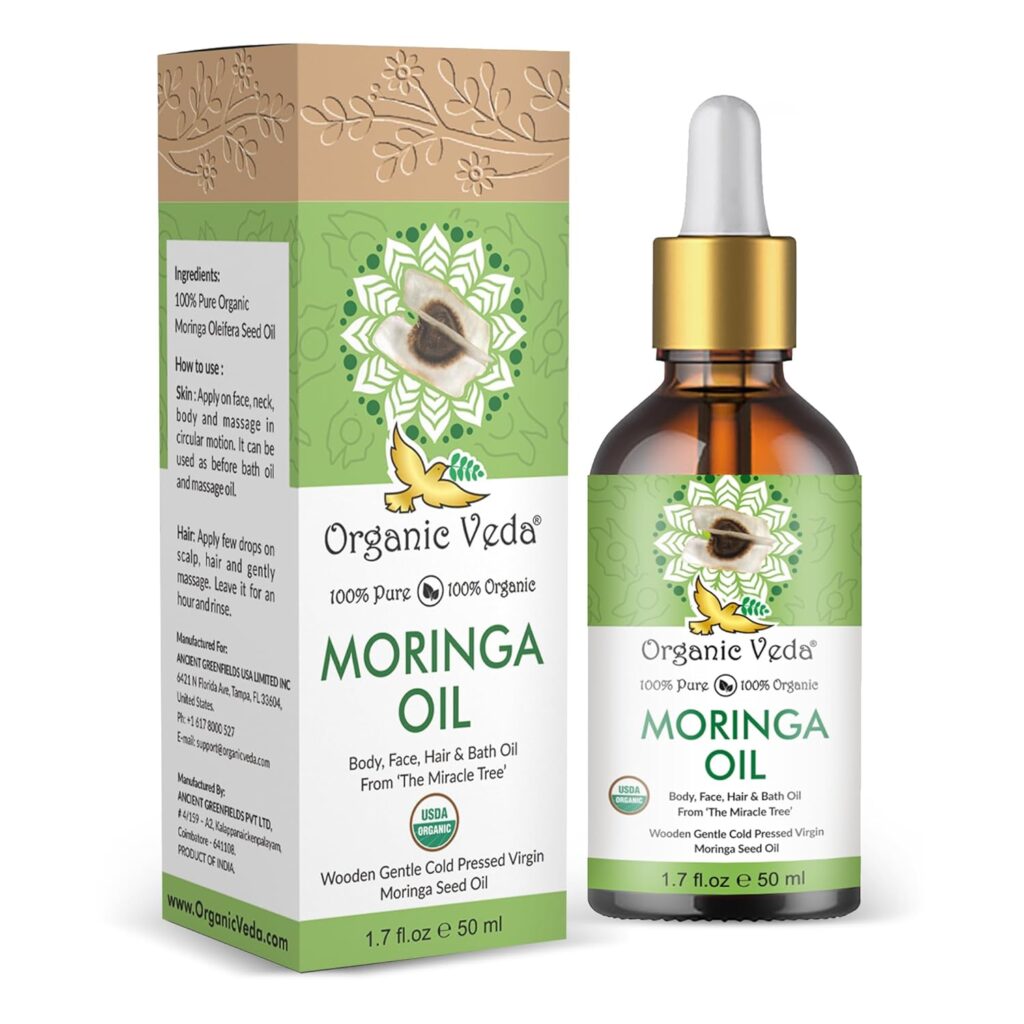
Moringa oil is packed with antioxidants, vitamins, and minerals that promote healthy hair growth and hydration. This oil can be particularly helpful for high porosity hair that is also experiencing damage or split ends.
Key Benefits for High Porosity Hair:
-
- Rich in antioxidants and vitamins for scalp health.
-
- Adds a protective layer to seal in moisture.
-
- Nourishes and strengthens hair to reduce breakage.
How to Use:
-
- Deep Conditioning: Add moringa oil to your deep conditioner for an added boost of hydration.
-
- Split End Treatment: Apply a small amount to ends to reduce frizz and prevent split ends.
7. Plant Therapy Sweet Almond Oil
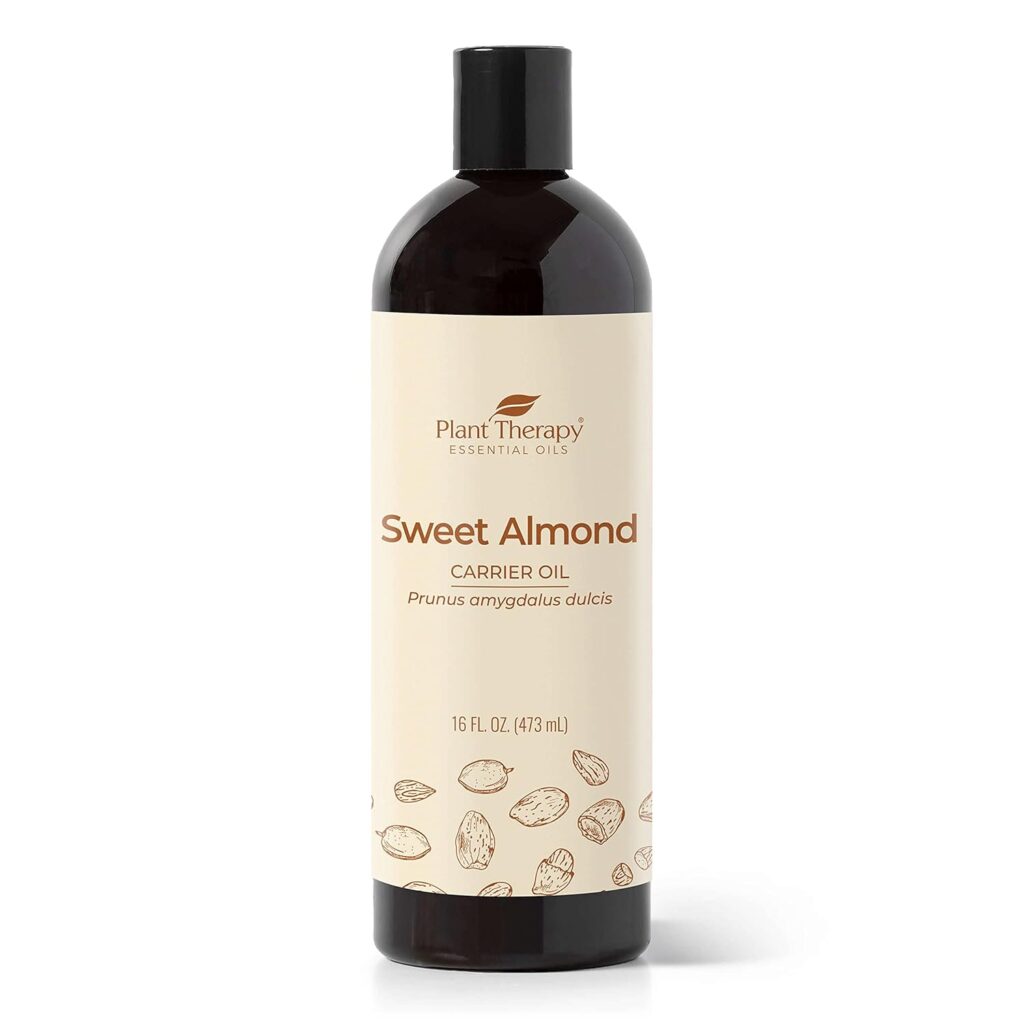
Sweet almond oil is a lightweight oil rich in essential fatty acids, vitamins A and E, and proteins that help to repair and protect high porosity hair. It also adds shine and prevents moisture loss, making it ideal for daily use.
Key Benefits for High Porosity Hair:
-
- Strengthens and repairs hair with essential nutrients.
-
- Adds shine and reduces frizz.
-
- Lightweight and easily absorbed.
How to Use:
-
- Everyday Moisturizer: Apply a small amount to damp hair for a daily moisture boost.
-
- Pre-shampoo Treatment: Massage into scalp and hair before washing for added hydration and protection.
FAQs about the Best Oils for High Porosity Hair
1. What is high porosity hair, and how can oils help?
High porosity hair has raised cuticles, which allows moisture to enter easily but also leaves it prone to drying out quickly. Oils help by sealing in moisture, reducing frizz, and improving hair’s softness and manageability.
2. Which oils are best for high porosity hair?
Oils like castor, fractionated coconut, avocado, jojoba, babassu, moringa, and sweet almond oil are excellent for high porosity hair. They help seal in moisture, add shine, and strengthen hair strands.
3. How should I apply oil to high porosity hair?
For best results, apply oil on damp hair after using a leave-in conditioner. This technique helps seal in moisture. You can also use oils for scalp massages, hot oil treatments, or as pre-shampoo treatments.
4. Can I mix different oils for high porosity hair?
Yes, you can blend oils to create a custom mix. Combining heavier oils like castor with lighter oils like jojoba or almond oil can balance moisture retention and shine without too much heaviness.
5. How often should I use oil on high porosity hair?
The frequency depends on your hair’s needs, but generally, 2-3 times a week is a good start. Adjust based on how your hair responds to the oil and moisture levels.
6. Are there oils I should avoid with high porosity hair?
Avoid very light, quickly absorbed oils like grapeseed or olive oil alone, as they may not provide lasting moisture. However, combining them with heavier oils can still be beneficial.
7. Can oils help with hair growth for high porosity hair?
Yes, oils like castor and moringa oil can promote hair growth by nourishing the scalp and strengthening the hair strands, reducing breakage.
Conclusion
Selecting the right oils for high porosity hair can make a significant difference in managing moisture retention, reducing frizz, and promoting overall hair health. Each of the oils listed above brings unique benefits to high porosity hair, helping to address its specific needs. Whether you choose castor oil for its rich, sealing qualities or moringa oil for its antioxidant benefits, incorporating these oils into your hair routine can lead to healthier, more manageable hair.